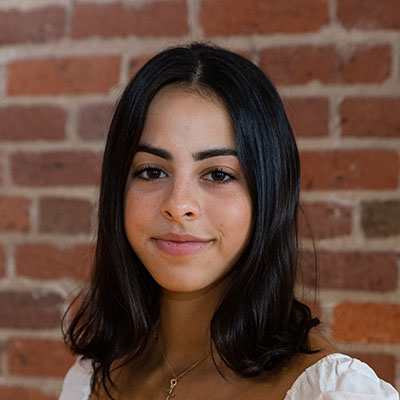Addressing Global Health and Human Rights Issues
Huang Fellow Elena Karas reflects on the career talk given by the incoming director of DGHI, Dr. Chris BeyrerLast week, my peers and I had the honor of being some of the first Duke students to meet Dr. Chris Beyrer, the new director of Duke’s Global Health Institute. Besides building my excitement for what’s in store for DGHI under Dr. Beyrer, his career talk demonstrated the importance of cross-cultural experiences in becoming an effective medical professional, a mark often missed by students of my generation.
As a student on the pre-med track here at Duke, it often feels like a game of who can cram the most resume or application-building experience into the three-year period between starting college and applying to medical schools. Semesters of taking only natural science courses and participating in the popular on-campus “pre-med” extracurriculars, while very interesting to an aspiring medical doctor like myself, can simultaneously isolate you from the communities and health problems which your work is meant to address.
It was clear from the start that Dr. Beyrer was not interested in this kind of one-dimensional education that students now feel pressure to pursue. While attending Hobart College he found ways to fulfill his passions for math, science, and the humanities, obtaining a Bachelor of Arts degree in history and completing the pre-med requirements, almost unintentionally.

Dr. Beyrer did not begin medical school immediately after undergrad, but instead entered the center for foreign study where he did six months of fieldwork in medical anthropology in Sri Lanka. Here he served as an apprentice to Ayurvetic physicians, traditional health professions who were providing healthcare to the poor. While volunteering at a Tibetan refugee camp in Northern India Dr. Beyrer started practicing Buddhist meditation, which to this day has helped him stay focused on the progress of his work. At this point in his life, Dr. Beyrer knew he needed to build a career full of cross-cultural experiences, and that is just what he did.
He attended medical school in New York while it was the epicenter of the HIV/AIDS epidemic, a decision which ended up largely shaping his professional career. Since his medical training, Dr. Beyrer has continued to develop his cultural awareness. He moved to Chiang Mai, teaching in Malaysia while helping to establish the first IRB in Laos. He took a position as an epidemiologist for the NIH, for which he travelled around Africa looking for research sites. He even had the honor of working with Archbishop Desmond Tutu, Nobel Laureate and leading fighter against the apartheid. After returning, Dr. Beyrer founded the Center for Public Health and Human Rights at Johns Hopkins, the largest of its kind at the time.
If you’re anything like me, right now you’re wondering how Dr. Beyrer rose to be a leader in public health and human rights not only in the United States, but across the globe. What separates his career journey from the others we have been lucky enough to hear about this summer is his strong belief in up-close, hands-on experiences. Working up-close with the communities he was trying to help allowed Dr. Beyrer himself to feel the burdens that the people felt and to adjust his program to best address their needs.
As this summer comes to a close, I notice that many of my pre-professional goals have changed. I now understand that the key to alleviating the various health crises that afflict communities across the globe lies in the connections you form with the people of those communities. As advised by Dr. Beyrer, I plan to build my repertoire of languages (skipping Thai, for now) and study community problems of interest through interdisciplinary field experiences. With this mindset, I along with any of my peers can push back the frontiers of global health. We can work to “reduce unnecessary suffering” in a way that puts the people who are suffering at the absolute forefront of our work.
Elena Karas, Huang Fellow ’25
 Elena is a first-year from Atlanta, Georgia hoping to pursue a major in Biology with a minor in Computer Science.
Elena is a first-year from Atlanta, Georgia hoping to pursue a major in Biology with a minor in Computer Science.

